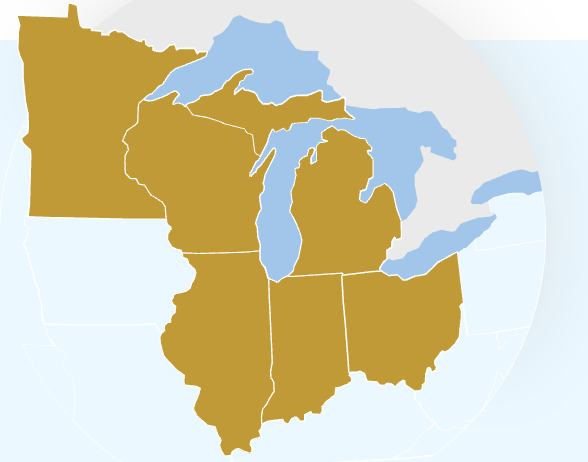Research Team
University of Pennsylvania - Crime and Justice Lab
Project Overview
Community Violence Intervention (CVI) programs have enormous potential to save lives and improve justice system outcomes across a wide range of cities and counties. Many innovative jurisdictions are currently either piloting new CVI programs or expanding funding for existing efforts, looking to help constituents and neighborhoods address longstanding challenges.
What is often needed—and what this project provides—is support for local governments and nonprofits to engage with research and data around their programming. For one, research allows jurisdictions to demonstrate the potential and impact of their CVI programs, allowing these programs to attract more funding and support. Research and data can also play invaluable roles in helping jurisdictions design programs, as well as improving programs over time, driving better outcomes.
In order to provide support that fits the needs of government and nonprofit partners, CJP is applying their Community Collaborative Action Research Model to this work. The CJP model relies on skilled staff who have backgrounds in both research and government management, and who have the orientation and ability to meet jurisdictions at their current challenges and build from there into productive engagements. Our Community Collaborative Action Research Model is based on the insight that researchers have to seek deep knowledge and close alignment with their partners if they want to move from the early steps of research and data support to helping partners achieve greater impact in their efforts.
This one-year project, as it has developed over the course of 2023, has four main components to engage and inform jurisdictions and the broader region and research community in a variety of ways:
- Individual jurisdictional research and technical assistance, attending to the needs of jurisdictions in the Great Lakes Region who are undertaking violence intervention work, including data analysis support, data collection recommendations, and theory of change and logic model development;
- County prosecutor brief series, highlighting the special role that county prosecutors play in small- and medium-sized jurisdictions, to bring awareness, funding, resources, and programmatic efforts to communities in their counties struggling with high gun violence;
- Key capacity comparative case study, examining the citywide violence intervention strategies and implementation across 3 cities with comparable gun violence strategies but different engagement across 6 high-level key capacities to do the work; and
- Street outreach webinar, connecting jurisdictions across the region engaged in street outreach work and providing them with best practices and key areas to consider when connecting outreach programs to a wider strategy for gun violence reduction

